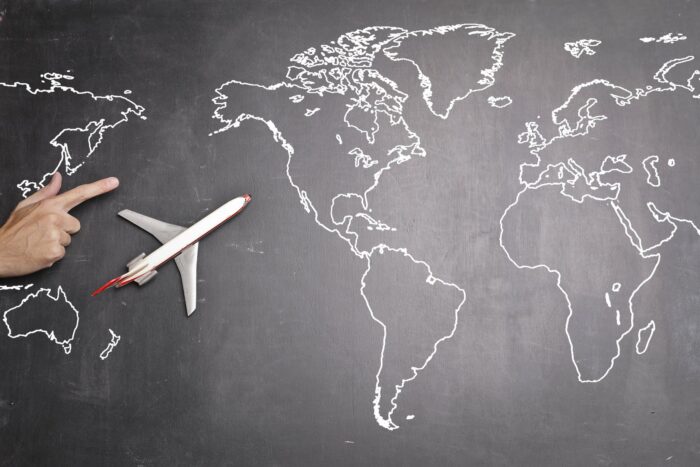Back in November 2016 I gave an interesting interview to Inês Teixeira, from Tap Air Portugal Online News. The link for the story in Portuguese and English is here and in this post I’m republishing the English version.
When we think of Artificial Intelligence, we automatically think about robots and science fiction. Today, in the 21st century, there is much more to say about this field and much work to be done in several areas.
António Castro works as a consultant for projects of IT at TAP Portugal and is involved in several projects within the company, as the Portal DOV AND THE PRODATA. In addition, he is the founder of start-up MASDIMA and researcher at the Laboratory of Artificial Intelligence and Computer Science (LIACC) of the University of Porto.
And it is precisely in the context of Artificial Intelligence that António Castro develops its work, academic and professional, of great importance for the airlines and, of course, to TAP, which has, as all your competitors, your focus on passenger satisfaction and safety of your service.
“Air transport is a socioeconomic system with several interdependent components, human and technical resources that need to collaborate to better achieve their goals, whether these individual objectives and/or collectives. The passengers want to get to the destination of your trip, within the expected time, safely and with quality. The airlines want to provide this service with the maximum possible efficiency and increasing the degree of satisfaction of its passengers, and airports and air traffic control centers want to optimize their resources, while maintaining the high level of security required in this sector.”
In this context, the Artificial Intelligence takes on a crucial role today, we live in a real technological revolution, and the work of Antonio focuses, in accordance with the own, “in mechanisms for coordination and collaboration, with a great degree of automation but without forgetting the importance of the human factor.”
The doctoral thesis completed in 2013, entitled “The Distributed Approach to Integrated and Dynamic Disruption Management in Airline Operations Control” – Winner in 2015 of the prize for the best thesis in the area of Artificial Intelligence, assigned by the Portuguese Association for Artificial Intelligence (APPIA) – demonstrates how it is possible for airlines to reduce costs caused by operational irregularities, optimizing the way of dealing with these same irregularities in an integrated and increasingly automatic way. In the summary of the thesis – which can be read in full here – Anthony writes that “the results demonstrate that our proposal not only corroborates the existing studies relating to the possible reduction of costs that may result from better management of breakdowns, but also has the potential to reduce costs and reach solutions which balance the three dimensions of the problem: aircraft, crew and passengers.”
Finally, on their research, he believes that this “will finally find the solution [to the problem of the management of irregularities], combining the best practices of software engineering methods of Artificial Intelligence.”


